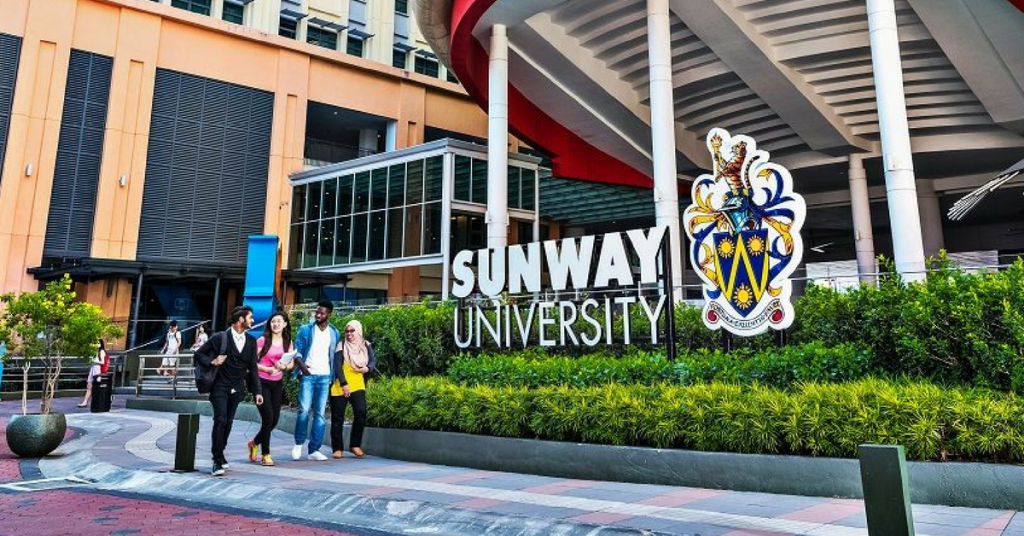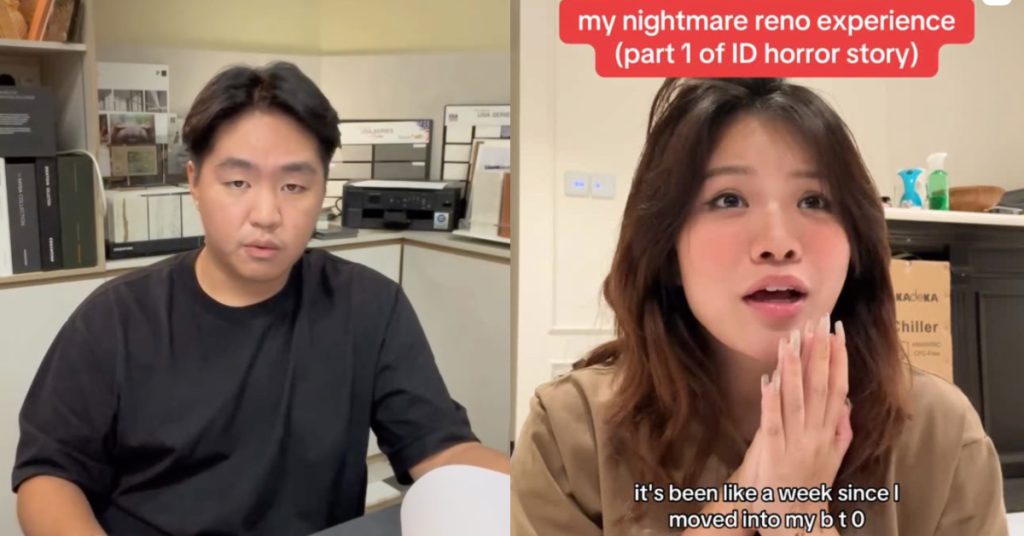- Sunway University embarks on quite a few ambitious research projects spanning different industries and fields.
- Some of the cooler projects include antibiotics derived from cockroaches, to electromagnetic pulses that can help mitigate major depression.
Acclaimed as one of the more well-known private universities in Malaysia, we had big expectations when we began looking into the projects Sunway University has been working on that might not be common knowledge.
And it seems like the topics of interest by Sunway’s researchers are broad, spanning from communication all the way to cockroach central nervous systems.
So we gathered some of the most interesting ones that the university’s been working on in recent years, to present some of the coolest things that Sunway University has been working on in Malaysia.
1. Discovering new antibiotics that can save humans by studying cockroaches.

Professor Naveed Khan of Sunway University has gained international acclaim, as well as a Pakistan Academy of Sciences (PAS) Gold Medal in November 2015 for his work with cockroaches.
In his research, he discovered that the insect’s central nervous system produces antibiotics that can kill several types of deadly bacteria without harming us—such as a type of E. coli.
“Cockroaches are one of the most hated creatures but the fact is that they have existed for some 300 million years, have survived catastrophic events and high levels of radiation, live and thrive in filthy conditions,” said Naveen.
“Based on these facts, we can learn a lot from such species. I believe they have a potent defence system.”
His research is still ongoing, and the professor hopes to discover more in the future.
2. Offering RM50,000 in seed funding in collaboration with Nexea Angels.

Under Sunway iLabs Accelerator, the program has not only accepted 6 new startups into its fold, but also looks into investing RM50,000 in seed funding for each of the accepted startups.
This is on top of its non-profit incubator that was launched to help cultivate promising startups.
It is supported by Sunway Group, and is the group’s contribution to the maturing startup scene here in Malaysia. Meanwhile, iLabs is also partly a development to help Sunway University students get exposure to the problem-solving mindset behind Silicon Valley, as well as the provider of resources to make it happen.
3. Raising awareness about clean water in Malaysia through a research about brain-eating amoebae.

A Sunway University student Shobana Gabriel Jabanathan was given the award for “Best Research Poster”, for her research in “Development of Molecular Methods for Rapid Detection of Brain-eating Amoebae”.
With the supervision of Professor Ruqaiyyah Siddiqui and Professor Naveed Khan (listed above), she focuses on the brain-eating amoebae in Malaysia’s water sources.
The research also details how the amoebae can cause severe life-threatening infections that can involve the brain.
“Having clean water supply systems is becoming a serious issue worldwide and worryingly, these amoebae can be found in water, soils and contact lens solution. I had an interest in this topic as we Malaysians spend much time indulging in water-related activities where there is an increased risk of infections due to these amoebae,” said Shobana.
4. Researching and developing nanotechnology for solar energy.
Sunway University has an established research centre for Nano-Materials and Energy Technology, which focuses on developing materials for sustainable energy.
Part of these efforts is a project that designs, develops and uses nanostructured materials for solar energy, to try and enhance solar energy conversion.
The center is led by a distinguished researcher, Professor Saidur Rahman who was conferred the Highly Cited Researcher Award of 2017.
5. Healing depression and dementia using deep brain stimulation.

Dr. Anthony Lim Lee Wei’s neuroscience research looks into the possibility of implementing a neurostimulator (think of it like a pacemaker for the brain) into brains. The device would send electrical impulses through implanted electrodes to specific areas of the brain.
His will be an addition to other existing bodies of work targeting similar types of illnesses such as Parkinson’s, chronic pain, OCD, etc.
In his research, Anthony discovered that deep brain stimulation could help combat depression, dementia and Alzheimer’s disease.
A 2008 report concluded that the number of people suffering from dementia will exceed 100 million people by 2050, while major depression is also currently the most prevalent psychiatric disorder. In 20% of cases of reported treatments for major depression, medicine doesn’t help, and for 60% of cases, the results aren’t adequate.
Anthony’s research suggests that deep brain stimulation has potential to be developed into therapy for those suffering from dementia, and for depression cases that are treatment-resistant.
Update: Dr. Anthony Lim Lee Wei is no longer with Sunway University.
6. Discovering the possibility of treating cancer using gold.

Currently, the more common drugs for chemotherapy contains platinum within their chemical formula. But the chemical, Cisplatin, is known to produce the side effects—temporary hair loss, nausea, vomiting, diarrhoea and appetite loss.
Dr Seng Hoi Ling’s research looks into the possibility of using tiny gold particles instead of platinum. It’s been proven to produce fewer side effects. Working together with Professor Edward R. T. Tiekink, Dr. Seng is conducting research into the matter.
As of 2016, along with some research assistants in a joint effort with Universiti Malaya, they designed over 10 gold compounds that have potential anti-cancer activities. Now, they’re challenging themselves to find a better and more targeted approach to cancer treatment using gold compounds to even combat tumours that are resistant to chemotherapy.
7. Donating refurbished computers to primary schools.
E-waste is known to cause hazards to human health, and the quantities grow larger year by year.
Recycling of e-waste elements like copper and gold is a source of informal income, but the downside is that the unsafe recycling techniques practiced exposes people and their families to a wide variety of dangerous substances, like lead, cadmium, chromium, brominated flame retardants and polychlorinated biphenyls.
Since 2012, Sunway Education Group has collected more than 22,000 kilogrammes of e-waste for safe disposals. The initiative is run all year round, but they do have biannual collection periods for bigger items like computers and microwaves that can’t fit into smaller bins.
In 2017, this culminated in the donation of refurbished computers to a primary school. They also plan on donating more this year to two other schools.
- Find out more about Sunway University here.
Feature Image Credit: Sunway University













